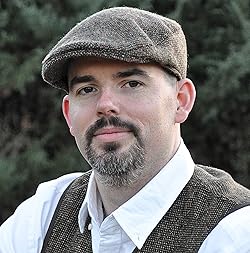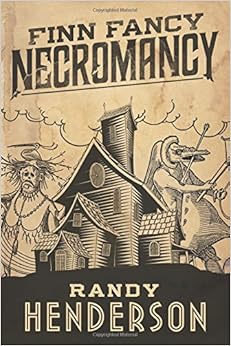When I bought this house, there was…an agitator… in the neighborhood trying to get the government to buy his house because of a tiny quantity of hydrocarbons found in a bit of pipe left buried when the land was cleared. The state had come, the EPA had come, an independent testing company had come, and they all agreed the solution was simple: fill in the hole and get on with life.
But no. This chap kept making noises and getting the media out and convincing the ladies in the bridge club that fumes and leachate from the cypress bark mulch used here was actually a dangerous CHEMICAL that was going to turn the place into three mile island. Or something.
This guy wanted a buyout. Never mind that in the absence of any actual problem, houses were already selling at market value, and that a government cleanup is never going pay you more than market value and that if you shovel shit at the neighbors loudly and long enough, you might actually succeed in driving the market prices down. For everyone.
So I killed him. Not really. I think he died of old age or finally moved to Antarctica where there are no petrochemicals at all, or he got wrapped up watching Gossip Girl and forgot all about it.
But I digress.
I’ve yet to meet (in person) a scifi or fantasy author I didn’t like. I certainly haven’t met them all, but I have met a couple who’ve been embroiled in certain recent controversies. And we’ll just leave it at that.
Look. We all wade in this little pool together. And we all need each other’s help and support. We can each try to fill ‘er up with clean and clear bright water, or we can be the kid with the stinky diaper. And get hoisted by it.
I do not have an axe to grind with regard to the Hugos. To be honest, I kind of skimmed over the early SP3 posts with the graphs and the analysis showing how the whole system has apparently collapsed into a shameless sham of anti-meritocratic crapulence. Partly that’s because those posts had, you know, math and stuff. Partly it’s because there are others far better positioned then I to worry about such things and because I never really expected the Hugos to be any different from any other part of human experience.
It seems clear to me that both principal sides in this debate have, or at least started from, reasoned positions that they genuinely believe to have validity and merit. And that’s fine. Opinions are free. Debate, exposition, analysis, and yes, even argument are all critical to society. But to criticize an action, a process, an outcome, is one thing. To demonize a person or group based on supposition is quite another.
This year I have watched as a bunch of writers, most of whom I know to be talented, some of whom I consider friends, have heaped on one another a crap heap of vitriol to high and so deep, it was bound to come crashing down. And now, for some of them, it has. And we all stand here spattered in poo.
It’s time to change the water. It’s time to stop and recall that before it became about selling tickets to Worldcon, boosting careers, assuaging egos, and anointing the best of the best, the Hugo was about honoring Hugo Gernsbach, a man who committed his life to evangelizing science for the lay public.
We live in a world running short of petroleum, fresh water, habitat, and–you know–fish. Where both sides of the political spectrum operate by insult, distraction, and obfuscation, so they can keep the onr percent of their constituency that pays all the money making more and more and more. And we’re worried about whether one group of another is biasing the distribution of little plastic rocket.
I humbly suggest that we are all better served by resolving our procedural disputes through respectful discourse and leaving the exploration of political ideas to our fiction. That’s what it’s there for, after all.
========================================================================
Here read some more about the kerfuffle, if your want to, I guess. I have a novel to write.
Are Sad Puppies Sad Gits?
Jennifer Cambpbell-Hicks on the nominations.
John Sclazi’s Take
You can also Google Brad Torgersen, who launch the opening salvo in this year’s campaign, but who I’m not going to link to, because…he’d done himself enough harm this week.







 ne, and that takes some doing as you might imagine.
ne, and that takes some doing as you might imagine.


 create an electric field strong enough to rip the metal apart, thereby causing a classic explosive chain reaction. In the accomanying image, you can actually see spikes of sodium being yanked out into the water–not by an explosion within, but by electric charge from without. If this seems odd, remember that the electromagnetic force is astronomically stronger than gravity, and all the devices of modern society, from xray machines to mag-lev trains rely on quite minuscule electric fields.
create an electric field strong enough to rip the metal apart, thereby causing a classic explosive chain reaction. In the accomanying image, you can actually see spikes of sodium being yanked out into the water–not by an explosion within, but by electric charge from without. If this seems odd, remember that the electromagnetic force is astronomically stronger than gravity, and all the devices of modern society, from xray machines to mag-lev trains rely on quite minuscule electric fields.